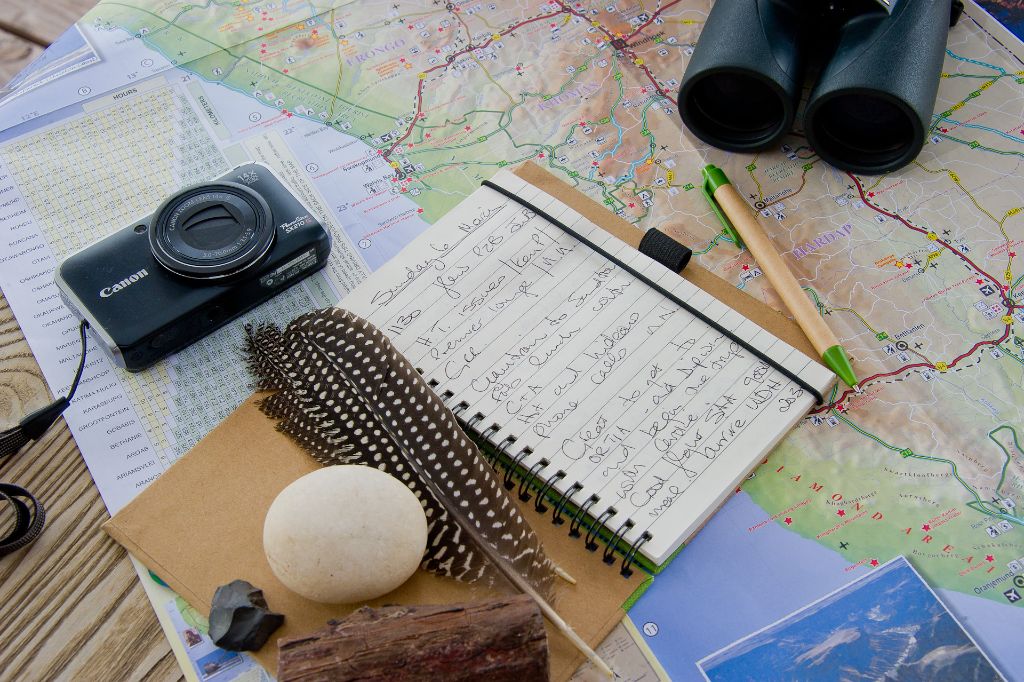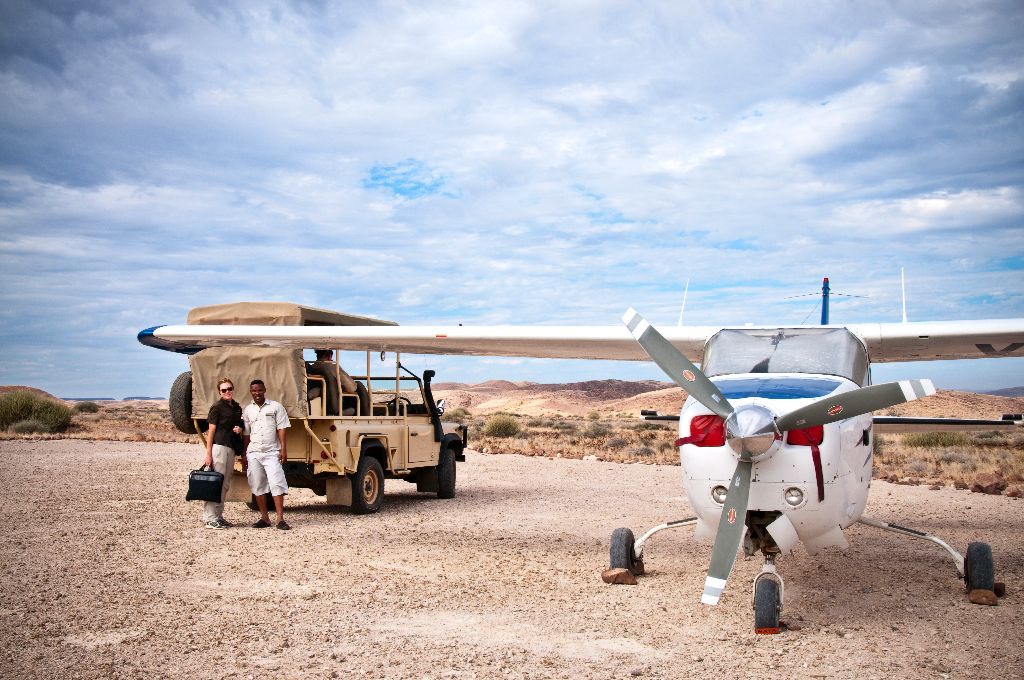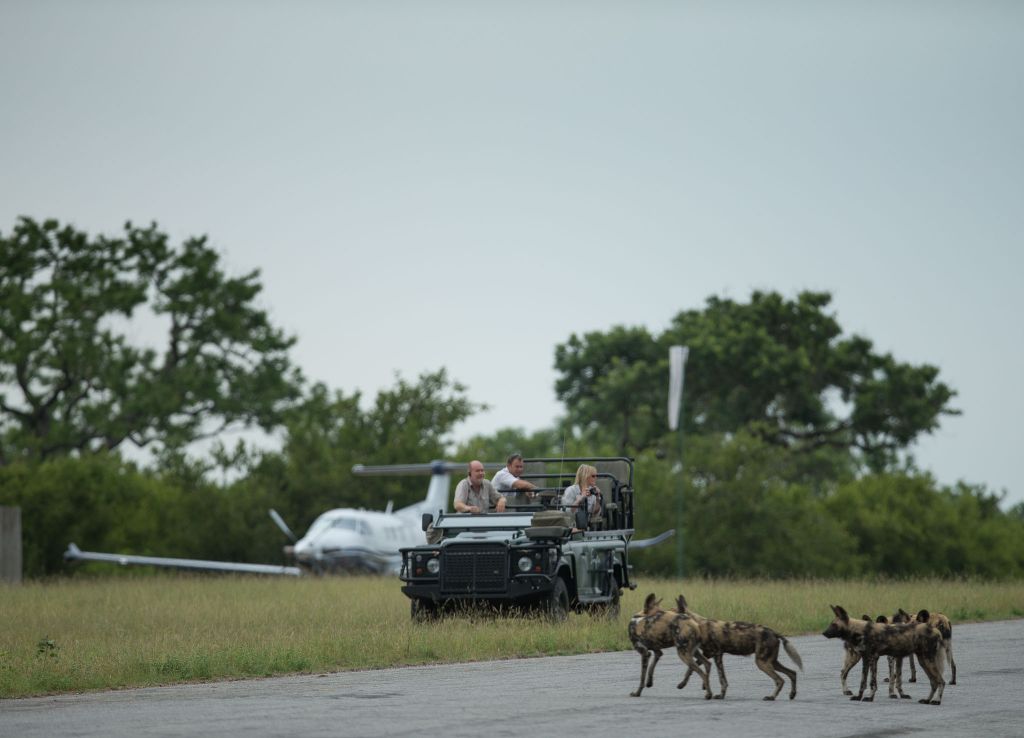Traveling to Southern Africa: Facts to familiarise yourself with
Visiting another country will require you to adapt your thinking slightly, after all, experiencing a culture you are unfamiliar with is what it’s all about. Be prepared for customs and mannerisms that are different to your own, alongside legal requirements that may seem strange to you. Having a hosted trip will help you to understand and observe the correct customs and abide by the legal requirements, making the journey hassle-free and blissful. Familiarise yourself with the following guidelines, they will help you to be adequately prepared for a happy, relaxing holiday.

South Africa
Currency
The local currency in South Africa is the South African Rand (ZAR). ZAR to USD fluctuates regularly, sometimes extremely, depending on when you travel. Over the past 4 years, it’s been as high as R15 to the dollar and as low as R9. Once you’re there, you may draw cash from an ATM in Rands (ZAR). Your bank may apply a foreign transaction fee of about 3 % on ATM withdrawals and credit card transactions. Some credit cards have no foreign transaction fees, it is best to confirm this with your bank prior to your departure.
Ensure all your credit card transactions take place in front of you. Most places, including restaurants and retail outlets will have a mobile swipe device. Never let your card out of your sight, that’s when fraud can occur.
Banks
Banks close early in South Africa, usually 3:30 PM during the week and close around noon or 1 PM on Saturdays (and are closed Sundays), so plan accordingly. If you want your debit/credit cards to work in South Africa or any foreign country, call your bank before you leave. It’s a fraud concern for the banks, and it will save a lot of stress if you know your card works when you arrive at your destination.
When you are in the ‘bush’ or on a safari, ATMs may be unavailable in rural areas. This is one time you might want to consider bringing extra cash.
Zimbabwe

Currency
The official currency in Zimbabwe is US Dollars, and cash is king. Due to their financial situation, banks in Zimbabwe have put restrictions on withdrawals. ATMs currently only allow small daily withdrawals, usually to card-holding customers of that bank only. Until recently, foreigners could use their Visa cards to withdraw cash, but this has been restricted further in 2016-2017. In tourist hubs like Victoria Falls, cash withdrawals may still be possible, but don’t expect this to be the norm. Travellers’ Checks are not accepted.
Debit/credit card guidelines
Select safari lodges, restaurants and tour operators accept Visa and Mastercard credit and debit cards. Do email the business in advance and confirm this before your departure. Many of the point-of-sale (card) machines used by car hire companies, cafes and small restaurants can’t transact via foreign cards, so cash is still king.
Cash guidelines
As always, take a little extra just in case, but try to keep cash amounts lower than $2000 USD. Keep in mind that there are restrictions on the amount of cash that you’re allowed to take out of Zimbabwe at the end of your trip. Prices are usually marked in US Dollars, but they do also accept South African Rands. We do recommend using Dollars because the conversion process from USD to ZAR can leave a discrepancy which will shortchange you.
Cash and change

If you will be paying your visa fee on arrival in Zimbabwe, ensure you have the exact amount on hand. The single-entry fee is $55 USD.
It will be difficult to get change in US Dollars if you use, for example, a $100 bill. Avoid notes of denominations larger than $20 as far as possible. In Zimbabwe, $1 notes are useful for tipping and $5, $10 and $20 notes are useful in cafes and restaurants. If you use an independent taxi service or the facilities of National Parks, you’ll need cash. The only exception to the small denomination rule is if you have to pay for your activities in cash. For these, you can take large denomination notes and use them for this express purpose.
You may be given change in the form of Bond Notes (which are officially the equivalent of US Dollars). If you are given Bond Notes in change, try to spend them before you spend anymore US Dollars.
Entering and exiting Zimbabwe with cash
Remember that you aren’t allowed to exit Zimbabwe with cash exceeding the value of $2000 USD unless you’ve completed a Blue Baggage Declaration Form (47) when you entered the country.
If you do plan on taking more than $2000 USD out of Zimbabwe, you will need to go to Customs (red route) when you first arrive and declare your cash on the Blue Form 47 provided. Keep this form safe, you will need to display it to the officials when you leave Zimbabwe.
If you enter the country with less than $2000 USD, and you don’t anticipate taking more than $2000 USD out of the country, you don’t need to declare your cash on a special form. You can state the amount of cash you are carrying in the regular Immigration Declaration Form upon your arrival in Zimbabwe.
Keeping your cash safe
As with any tourist destination, don’t be careless with your cash. Keep it safe and be sensible. Everyone has different opinions on whether it’s better to carry your cash on you or to keep it in your hotel room, but this depends on a range of factors. If you’re staying at a high-end safari lodge and going on action-packed activities every day, it would be unnecessary to take your cash with you. If you’re staying at a rough-n-ready B&B, it is advisable not to keep your cash in your room for safety reasons.
For more detailed advice, feel free to contact us.
